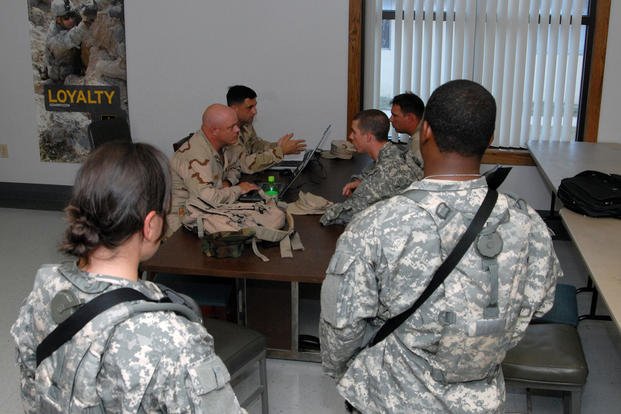When people start career shopping, real fears can creep in. Here are five softer steps to take, even before taking the big career change plunge.
Compare career options against the status quo.
On a sheet of paper, make a column for each option being considered, including the status quo. Write the advantages of each option.
Here are several advantages of the status quo:
- Remain comfortable.
- Avoid the time, cost and difficulty of training.
- Keep friends at your current job.
- Avoid failure.
Several advantages of changing careers include the following:
- More job satisfaction
- More money and the things it can buy
- New friends
- Learning new things
Try out a new career as a sideline.
Unsure whether a new career will work? Try a new career as a sideline until it makes money and sense to go full time.
Give a career a trial period.
Is there money in working as a singer? Will that pizza-by-the-slice business be worthwhile? Risks can be reduced when a career change is given a fixed amount of time. Look for signs of success or drop it.
Choose more than one career.
When deciding on a range of career choices, choose them all. Having more than one career at a time can be exciting, but it is definitely for fast learners with high energy who enjoy long hours.
Get the best training possible.
The best training is often at a student-oriented college rather than at a prestigious, research-oriented one. Even more practical options include internet surfing, workshops, tapes, articles and mentors.
Remember: Career contentment depends on what is done after the career is chosen. Pursuing the best option with passion boosts your chances of being successful.
New Career Final Check
Here are five signs that a career is the right one:
- Can knowledge and skills be achieved in an acceptable amount of time?
- Is there enough time and money to train?
- Will it sustain interest?
- Is the career environment acceptable?
- Are the typical interpersonal interactions in this career enjoyable?
Find the Right Veteran Job
Whether you want to polish your resume, find veteran job fairs in your area or connect with employers looking to hire veterans, Military.com can help. Sign up for a free Military.com membership to have job postings, guides and advice, and more delivered directly to your inbox.











